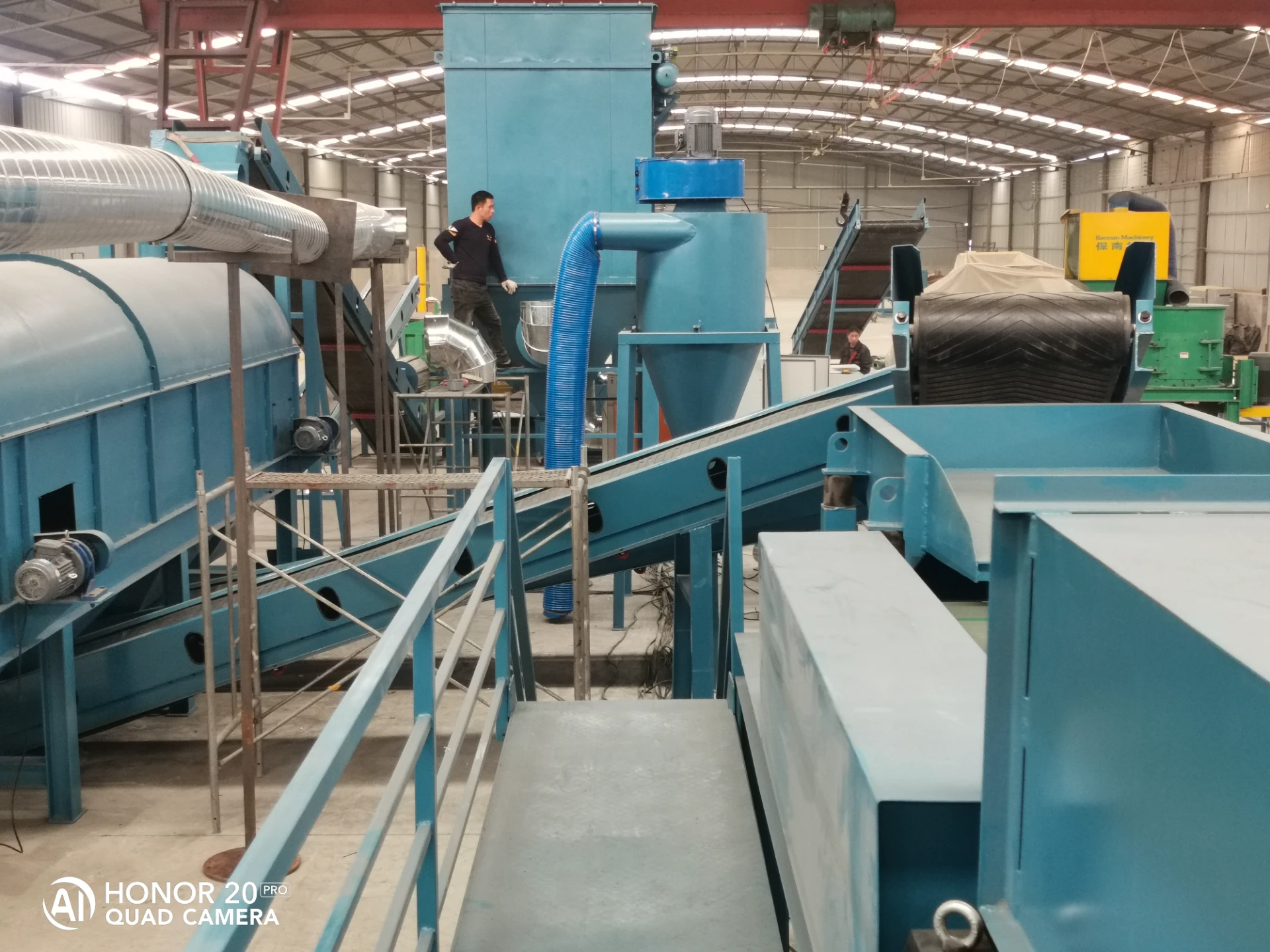

nov . 16, 2024 16:02 Back to list
Proper Disposal of Electronic Devices
In today's technologically advanced world, electronic devices are an integral part of our everyday lives, from smartphones and laptops to tablets and kitchen appliances. However, with the rapid pace of innovation, these devices often become obsolete or unwanted, leading to a significant challenge how to properly dispose of them. Improper disposal can lead to environmental pollution and health hazards, so it is essential to understand the best practices for responsible e-waste management.
First and foremost, it's important to recognize that electronic devices often contain hazardous materials, such as lead, mercury, cadmium, and other toxic substances. When these devices are improperly discarded in landfills, these hazardous materials can leach into the soil and water, posing risks to human health and the environment. Therefore, recycling is crucial. Many communities offer e-waste recycling programs that ensure these materials are handled safely and responsibly.
Before disposing of any electronic device, consider whether it can be repaired, refurbished, or donated. Many charities and organizations accept used electronics and can either provide them to those in need or recycle them correctly. If the device is still functional, this option not only extends its life but also helps reduce e-waste.
When it comes to recycling, look for certified electronic recycling facilities. These facilities are equipped to handle e-waste properly and ensure that hazardous materials are disposed of safely. The Responsible Recycling (R2) certification and e-Stewards certification are two nationally recognized standards that identify reliable recycling options. These certifications guarantee that the facility follows environmental regulations and recycling best practices.

Another alternative is to return electronics to the manufacturer. Many companies have take-back programs that allow consumers to send old devices back. Some retailers also offer credit or discounts on new purchases in exchange for the old devices. This approach not only helps in the responsible disposal of electronics but can also provide a financial incentive to consumers.
If recycling is not an option, make sure to wipe all personal data from the device before disposal. This is crucial for protecting your privacy and preventing identity theft. Various software tools can securely erase data from devices, ensuring that your personal information is not recoverable.
In some cases, electronic devices can be disposed of through municipal collection days specifically designated for e-waste. These events usually provide a convenient way for individuals to dispose of electronics responsibly. Always check with your local waste management authorities to find out about available programs and regulations regarding e-waste disposal in your area.
In conclusion, proper disposal of electronic devices is essential for safeguarding the environment and our health. By considering repair, donation, and certified recycling options, individuals can play a vital role in minimizing e-waste and its potential harms. Being proactive about disposing of electronics not only benefits the planet but also contributes to a more sustainable future. Every effort counts, and encouraging others to adopt responsible disposal practices can lead to a significant positive impact.
Latest news
Troubleshooting Common Eddy Separator Problems
NewsJul.04,2025
The Role of Metal Recycling Plants in Circular Economy
NewsJul.04,2025
The Impact of Recycling Line Pickers on Waste Management Costs
NewsJul.04,2025
Safety Features Every Metal Shredder Should Have
NewsJul.04,2025
How Industrial Shredders Improve Waste Management Systems
NewsJul.04,2025
How Cable Granulators Contribute to Sustainable Recycling
NewsJul.04,2025